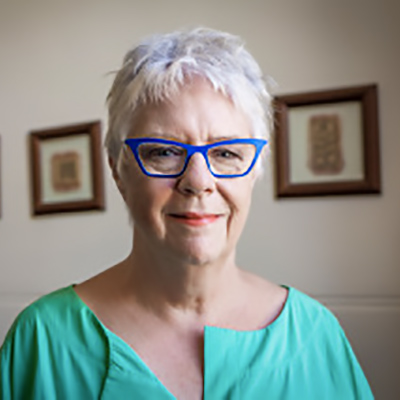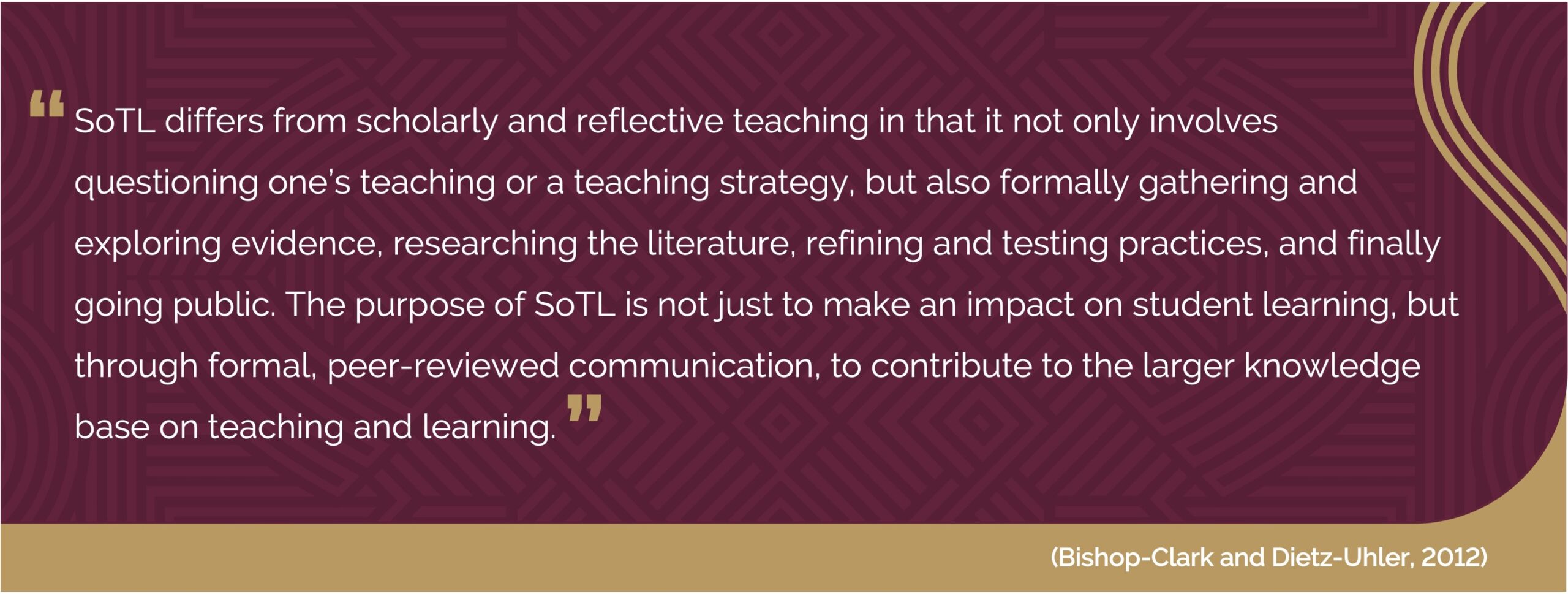1. KEYNOTE SPEAKER
Teaching in uncertain times.
Click here for the isiXhosa version
In recent years, academic teaching has become fraught with uncertainties. Increases in the number of young people seeking qualifications has brought diversity, not only in terms of students’ socio-cultural and linguistic experiences but also in relation to the expectations they have of what a university is and what they will need to do to succeed. All this means that experiences of being taught and of learning will not necessarily serve contemporary teachers well.
Teaching in South African universities requires us to take account of our history, both before and after the first democratic election. What does it mean for a South African academic standing in a large lecture hall to confront the realities of the young people who sit in front of them when their own experiences of university and, indeed, of ‘life’ were probably so different? What does it mean for adepts trained in the disciplines to engage with calls for ‘decolonisation’ of the curriculum voiced by students themselves as well as by those managing curriculum change at an institutional level?
My own experience and scholarship lead me to argue that a starting point for the deliberation of such questions has to begin with an acknowledgement of the role of education as a mechanism for regulating access to the ‘goods’ of the world. A higher education in particular can be seen to function in this way as the award of a qualification is likely to lead to more highly paid employment and social status. However, education, at any level, is not neutral as it privileges some over others on the basis of their previous social and cultural experiences.
Acknowledgement of this point has the potential to transform a teacher’s views of students and what they themselves need to do as an educator. For many, such transformation requires a ‘humanizing pedagogy’ (Salazar, 2013) and, ultimately, to the decolonisation of the curriculum. The question then is how decolonisation can proceed without impacting on the power of academic knowledge and ways of knowing to explain the world around us now and into the future (Bernstein, 2000; Young, 2007; Wheelahan, 2010; Muller, 2012).
This keynote presentation attempts to explore some of the uncertainties facing academic teachers in contemporary South African universities and to chart a way forward by arguing for the value of academic forms of knowledge and ways of knowing while, at the same time, acknowledging that much of what is currently valued and taught in the universities is also the ‘knowledge of the powerful’ in the Global North. In doing this, the presentation poses a challenge to all scholars and teachers that could hopefully contribute to a more socially just dispensation.
References
Bernstein, B. 2000. Pedagogy, Symbolic Control, and Identity: Theory, Research, Critique. Rowman & Littlefield: Lanham, Maryland.
Muller, J. 2012. Reclaiming knowledge: Social theory, curriculum and education policy. Routledge: London.
Salazar, M. 2013. ‘A humanizing pedagogy: Reinventing the principles and practice of education as a journey toward liberation’. Review of Research in Education, 37(1):112-148.
Young, M. 2007. Bringing knowledge back in. Routledge: London.
Wheelahan, L. 2010. Why knowledge matters in curriculum. Routledge London.
2. KEYNOTE PANEL
The Keynote Panel presents different university voices in response to the insights of the Keynote Speaker.
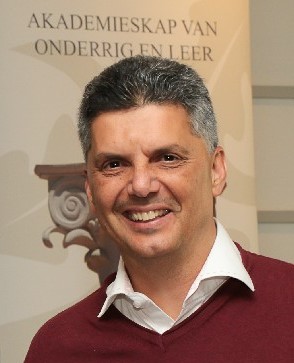
Prof Faadiel Essop – Medical Physiology
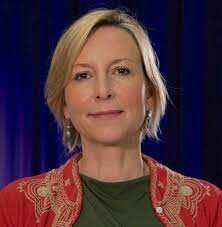
Prof Vasti Roodt – Philosophy
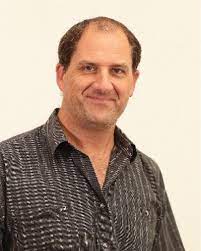
Dr Albert Strever – Viticulture and Oenology
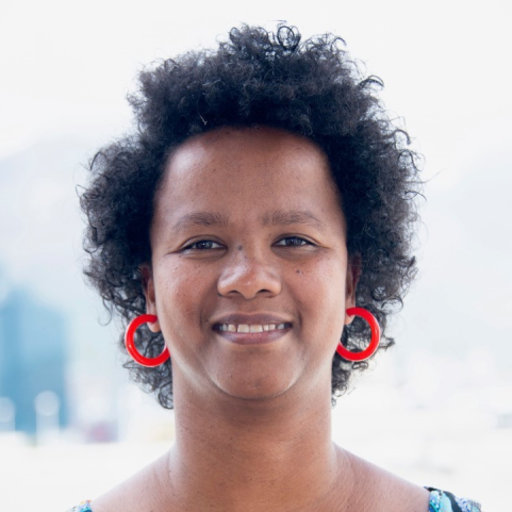
Dr Rhoda Malgas – Conservation Ecology and Entomology
3. CIRCORE PLENARY DISCUSSION
The Khampepe report’s recommendations have focused SU’s attention on the role that the undergraduate curriculum has in helping students identify and confront bigotry, whether it comes from oneself or from the environment within which one moves.
A workstream was established to investigate whether and how critical citizenship is being taught at SU’s faculties and to make recommendations about the best way of going about educating graduates able to confront injustice and inequity in the workplace and their social environment.
We would like to invite all participants in the Teaching and Learning Conference to a plenary session to discuss the work done so far by the Curriculum Workstream of the CIRCORE and gather further perspectives on the matter. The work will be presented in a panel format by Dr Lis Lange (Chairperson of the Workstream), Prof Karin Wolff and Prof Bradley Slade.

